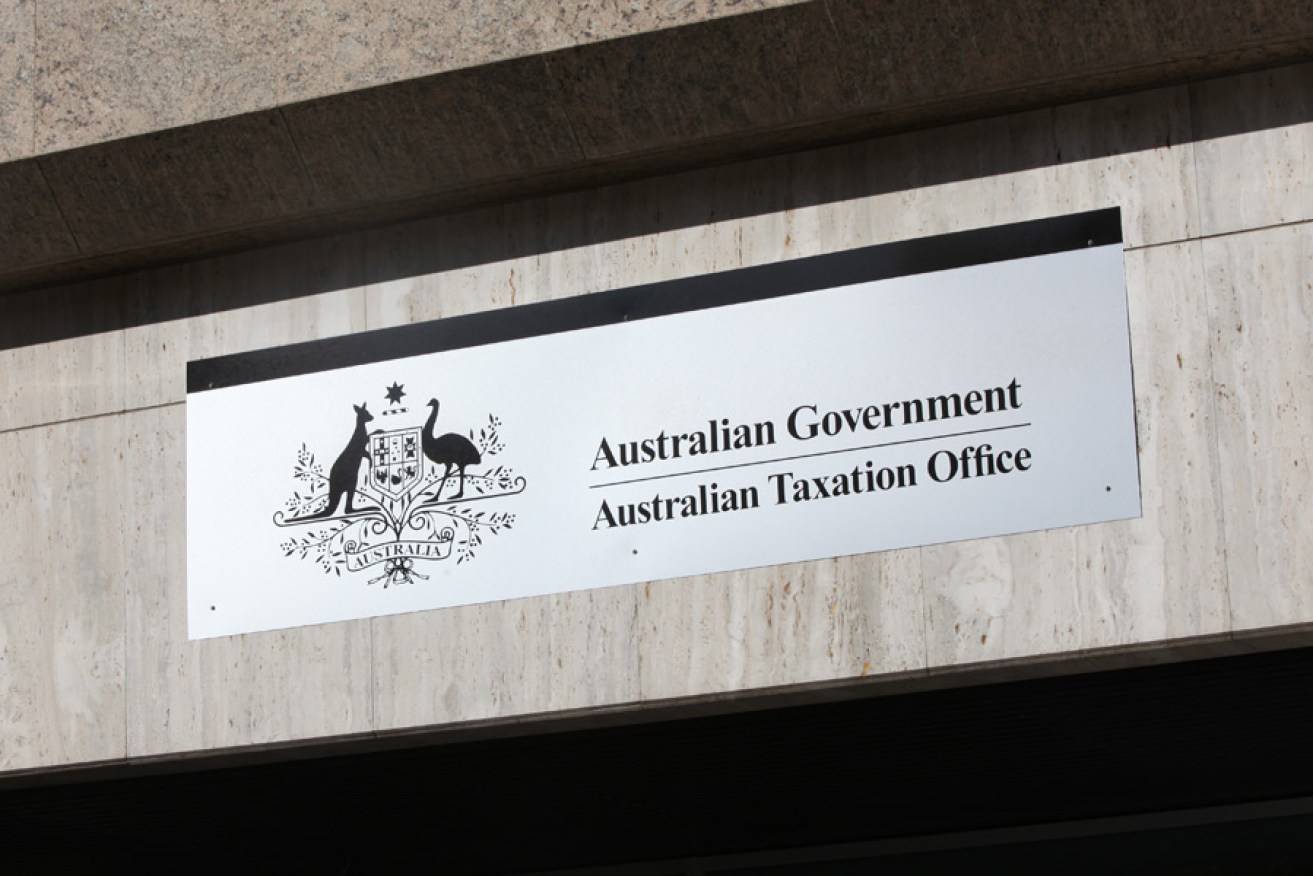Increasing the tax burden on high income earners could cause a brain drain and affect the ability to create further jobs in Australia, says accountancy network UHY Haines Norton.
The firm today released its third global study on personal income tax, showing Australia has the second-lowest tax rate of 25 countries for people earning $US25,000 ($A28,544), at 5.85 per cent, and the fourth-lowest for those earning $US50,000 ($A57,089), at 17.75 per cent.
However, UHY said Australian tax rates for high income earners were greater than those of major trading partners such as China, Japan, the United States and New Zealand.
The tax rate of 37.57 per cent for those on $US250,000 (SA285,439) puts Australia in the middle of the table of 25. It is higher than that of Japan (34.15 per cent), China (33.58 per cent), the US (32.99 per cent), New Zealand (30.49 per cent) and India (30.27 per cent).
Australia also comes in 13th position for those earning $US1.5 million ($A1.71 million), with the tax rate of 46 per cent above those of China, the US, New Zealand and India, but slightly less than Japan’s 47.36 per cent.
UHY Haines Norton tax group chairman James Tng said while a “light tax burden” for low and middle-income workers helped keep unemployment low, the introduction of the temporary three-year Budget Repair Levy could be a backwards step when other countries were rolling back their top rates of tax.
The levy, announced in the 2014-15 Federal Budget as a measure to reduce national debt, affects those earning more than $180,000, who must pay an additional 2 per cent on taxable income over that amount.
“Australia could be losing its attractiveness on a global scale as our trading partners are seeking to attract that job-creating talent,” Tng said.
“Some of our major trading partners – the United States, New Zealand and especially China – offer very attractive low rates of tax at higher levels. We have to be aware of this if we are to grow our economy in the future.”
Tng said higher earners were highly skilled and very mobile, and Australia risked a “subtle but significant brain drain” if these people were taxed more here than in competitor countries.
The tax calculations used in UHY Haines Norton’s research were based on a single, unmarried taxpayer with no children.





